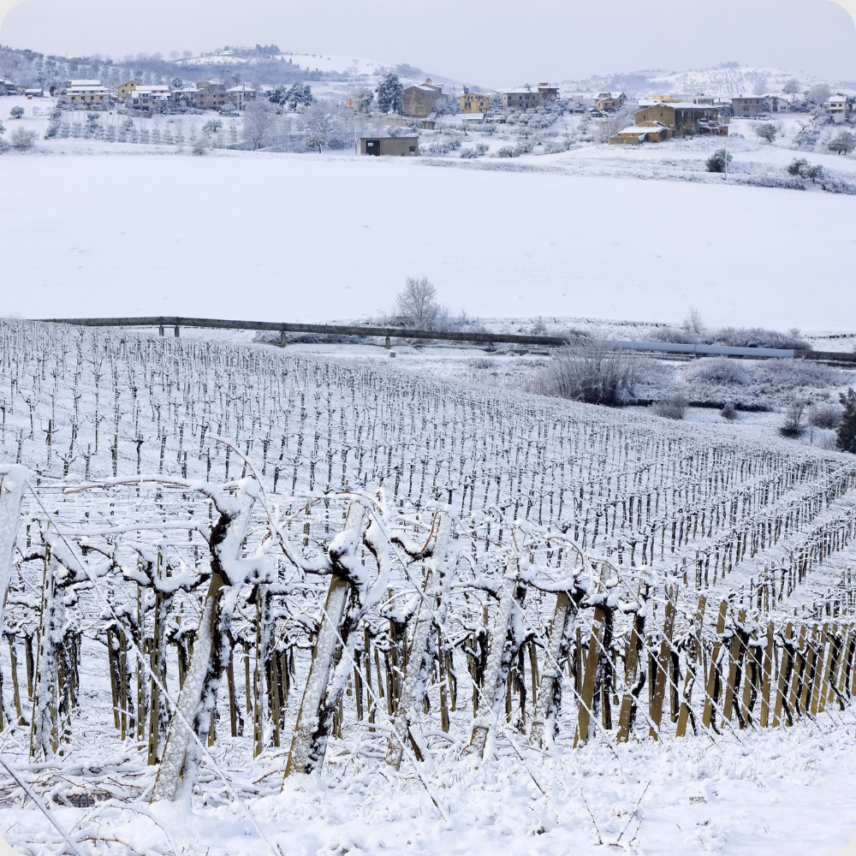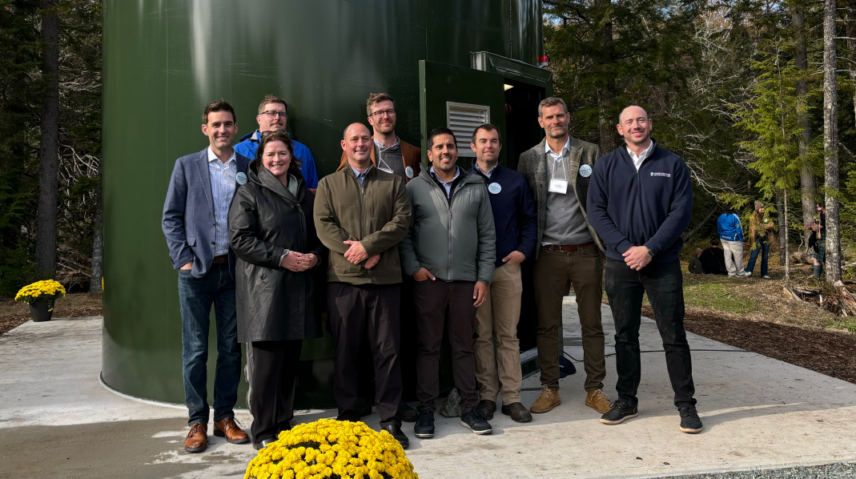Food and environment reporter Kate Bratskeir spills on how to lower your grocery bills and extend the life of your produce — all while producing way less waste.
Grocery-store aisles have never been more packed with opportunities to eat well — and waste tonnes of food packaging. If you’re shopping in a rush, or simply not up on the latest Pinterest storage hacks, it’s easy to sink a lot of money into your latest haul, even with the best of intentions. It’s a problem that’s long plagued New York-based author Kate Bratskeir, whose book, A Pocket Guide to Sustainable Food Shopping, helps to educate consumers on how to shop and store food more economically. Here, she shares a few tips on how to make your list last, while wasting less.


Just say ‘no’ to pre-cut produce
The allure of prepared broccoli florets and mixed berries is strong, but Bratskeir notes that they usually come wrapped in excessive plastic packaging, and some research has shown pre-cut produce to be up to three times more expensive than regular old intact fruits and veg — particularly bagged lettuce. It’s also exposed to more surfaces in production, which means it’s more likely to carry germs. “I want to add the caveat that people get angry when they see a pre-sliced banana in the grocery store, but some people — especially those with disabilities — really do benefit from these [prepared] items,” Bratskeir says. “So, not to shame, but if you don’t need these items, you should probably do without.”
Avoid “aspirational buying”
“A lot of us, myself included, will buy all these greens and vegetables with every intention of eating and feeding our families with them,” she says. “But by the end of the week, you realize that you went out for dinner instead, or life got in the way, and now you have rotting stalks of asparagus in the back of the fridge.” Bratskeir cautions shoppers to run a regular waste audit, which basically means scouring your garbage — in a sanitary manner — to take stock of which items you waste the most, then simply buying it in more realistic quantities. “Worse-case scenario, you have a little less of what you wanted, which is a much better outcome than wasting money, in my opinion.”
Be discriminating about your bulk buys
Pantry staples like flour, rice, and other non-perishables are usually a great deal when bought in bulk, but there’s rarely a need to buy a 15-pound bag. In general, Bratskeir says, bulk-buying is an excellent exercise in frugality, but stay mindful of what you’ll realistically consume. She recommends bringing your own container — say, to the dry goods and mixed-nut area — to reduce your packaging consumption.
Forget about Instagram
“When people are inspired to waste less, many times they want to go out and buy a bunch of new, clean mason jars and glass tupperware to make their bulk buys look beautiful,” laughs Bratskeir. “I’d say that’s probably the opposite of what you should do if you’re trying to be more sustainable.” Don’t be afraid to dredge up that old plastic Tupperware and, as Bratskeir says, use it until you can’t anymore. “The way our culture has sort of blended aesthetic and consumerism with sustainability can be really confusing,” she says. “It’s in our best interest not to fall victim to that.”
Save with smarter storage
Before you hit the aisles, Bratskeir recommends taking time to educate yourself on proper storage of perishable items — a deceptively uncommon skill, though many rules of thumb can be found online. Tomatoes, potatoes, onions and bananas do not belong in the fridge; most herbs are best stored with a little bit of moisture; and fruit ripens faster on the counter, which is a good or bad thing, depending on how fast you eat it. “Just getting a little bit more familiar with how your food likes to be stored can help you make it last longer,” she says.
Go plant-based where possible
“I think the general consensus of researchers is that the most impactful thing you can do on an individual level, to do better by the planet, is to eat less meat and dairy,” Bratskeir says. Between the huge carbon footprint and sheer volume of resources required to prop up Big Meat, Bratskeir says, plant-based diets present a clear advantage — even if you don’t go fully vegan. “I always suggest that people look at this prompt as an opportunity, rather than something that’s being taken away.” Bratskeir says the meat-alternatives category has exploded with options, and that the majority of plant-based meals cost, pound for pound, much less than those including animal proteins. “My husband, who’s a carnivore, looks forward to our Beyond Meat taco nights now,” she laughs. “Once you find something you like, it’s really easy to [explore] that brand for more products and keep an eye on its sustainability practices.”
Gossip about your groceries
A lot of ground can still be gained from sharing your grocery tips and practices with friends, neighbours, and colleagues. “You don’t need to be preachy,” Bratskeir says, “but just talking about what you’re doing will have a big ripple effect.” Have a favourite tote? Tell your friends! Obsessed with a new brand of plant-based salmon? Tell your mom! “It is up to corporations to really change their ways so that consumers have better ways to buy responsibly,” she notes. “But, on an individual level, we can make a difference in the meantime.”





Read More

Podcast | Mar, 2025
Episode 73: Eugene Kirpichov, Work On Climate
What happens when a Google engineer walks away from a high-paying career to fight the climate crisis? He discovers a…

Podcast | Feb, 2025
Episode 72: Sue Abrams & Jerome Konecsni, ABAzyne Bioscience
In this episode, we explore the cutting-edge science helping farmers fight back against extreme weather. Marco sits down with Sue…

Podcast | Feb, 2025
Episode 71: Luke Connell & Colton Dirksen, CarbonRun
Stripe, Shopify, and Google are some of the world’s most innovative companies that are working with Carbon Run. Why? Because…
